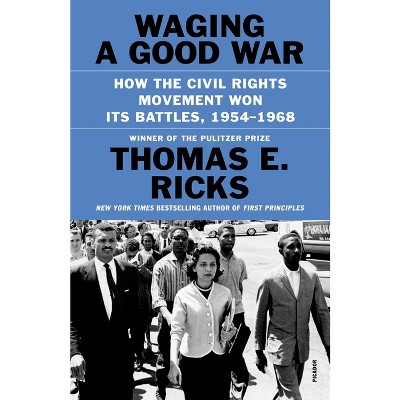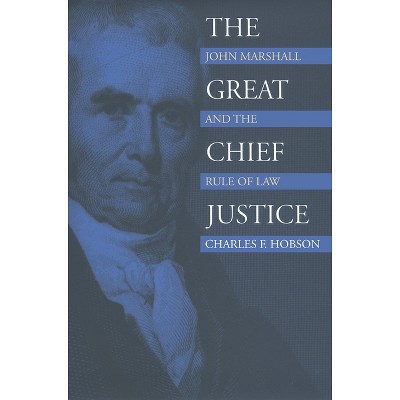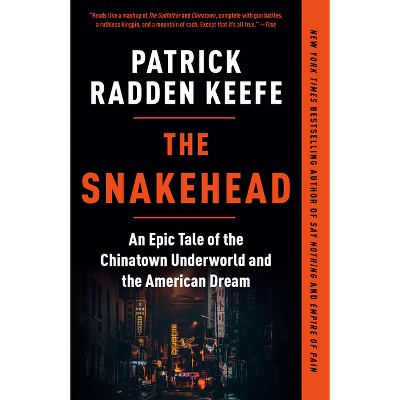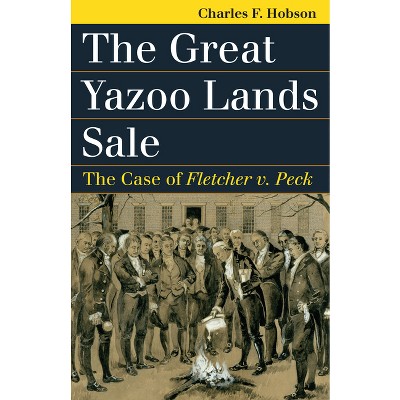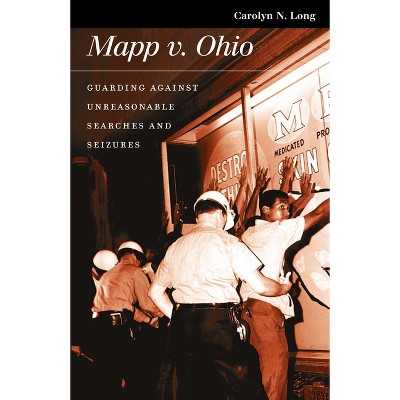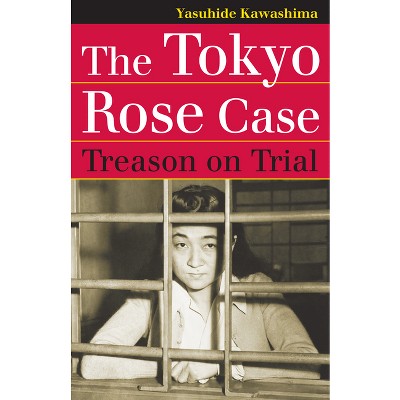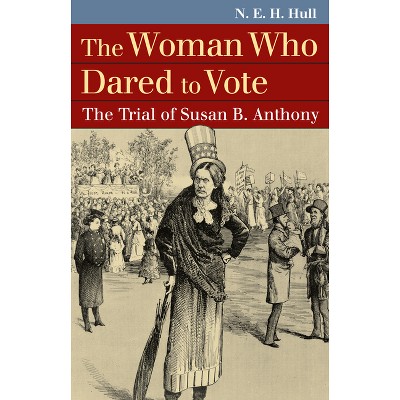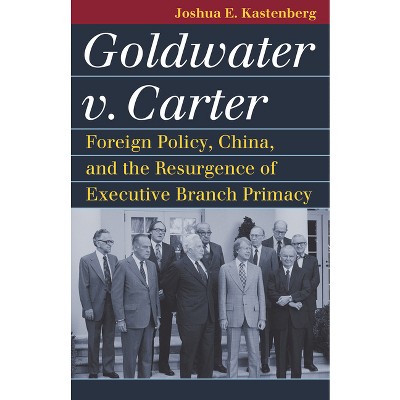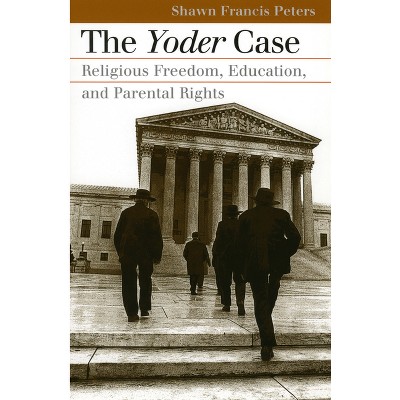Sponsored

U.S. V. Darby Lumber - (Landmark Law Cases & American Society) by John A Fliter
In Stock
Sponsored
About this item
Highlights
- The story of how the advocacy of workers and labor unions and a monumental shift on the Supreme Court paved the way for fair labor standards in the United States.The eight-hour day.
- Author(s): John A Fliter
- 192 Pages
- Freedom + Security / Law Enforcement, Legal History
- Series Name: Landmark Law Cases & American Society
Description
Book Synopsis
The story of how the advocacy of workers and labor unions and a monumental shift on the Supreme Court paved the way for fair labor standards in the United States.
The eight-hour day. The five-day work week. Minimum wage. Time-and-a-half overtime pay. Prohibition of oppressive child labor.
Today we take these features of employment for granted, but they are the result of a long, difficult, and often violent struggle for workplace protections that culminated in the Fair Labor Standards Act (FLSA) of 1938. But it was the landmark 1941 Supreme Court decision in U.S. v. Darby Lumber Company that secured those protections.
The social movement for fair labor standards in the United States began in the late 1700s when some of the first associations of working men demanded fair wages and maximum work hours. In advocating for national fair labor standards, workers and labor unions had to overcome not only opposition from powerful business groups but also entrenched legal doctrines that challenged the very idea of labor unions. They also had to overcome deeply held beliefs that workplace regulations were local economic issues reserved to the states under the Tenth Amendment of the Constitution.
Several groundbreaking decisions by the Supreme Court in the spring of 1937 changed the whole debate over government regulation of the market and opened the door for federal legislation on fair labor standards. In what is widely known as the Constitutional Revolution of 1937, Justice Owen Roberts switched to the liberal bloc, and with the support of Chief Justice Charles Evans Hughes, the Supreme Court in West Coast Hotel v. Parrish and NLRB v. Jones and Laughlin Steel Corp. abruptly shifted its view of economic regulation. Ultimately, this paved the way for the Supreme Court to confirm the constitutionality of the FLSA in 1941.
The Darby Lumber decision is a landmark case that affirmed the powers of Congress over labor standards and working conditions. Today the decision is as important as ever, with conservative groups seeking to undo these labor protections facing off against an insurgent labor movement aiming to regain lost ground.
Review Quotes
"John A. Fliter has written the definitive book on the political and legal battles over maximum hours, minimum wages, and child labor culminating in the Fair Labor Standards Act and the Darby case upholding its constitutionality. He also provides a sobering reminder that many powerful figures would like to legalize child labor once again today."--Erik Loomis, author of A History of America in Ten Strikes
"We take for granted the 40-hour work week, the guarantee of a minimum wage and protections against child labor. John Fliter provides a detailed history and reminder of the hard fought battles to secure these fundamental labor standards through the Fair Labor Standards Act. As threats to the rights embodied in the FLSA reemerge in our own time, his book offers a timely reminder of its importance to workers and the public."--David Weil, author of The Fissured Workplace: Why Work Became So Bad for So Many and What Can Be Done to Improve It
"An insightful account of one of American labor's most seminal legal decisions, this book arrives at a precipitous time, as conservatives persist in their siege of many of the very Fair Labor Standards Act (1938) protections the Darby ruling of 1941 affirmed. The author, in his depiction of the long struggle between federal and state powers over workers' rights, has given us a work of meticulous scholarship and lasting importance."--Philip Dray, author of There is Power in a Union: The Epic Story of Labor in America
"Employment law grounded in the Fair Labor Standards Act of 1938 and its constitutional adjudication in U.S. v Darby Lumber (1941) transformed workplace relations and American culture in deep and extensive ways. Tracking three long, hard fought social movements--centering on hours, wages, and child labor--John Fliter skillfully illuminates the origins of the Act, and what was at stake in the Darby decision. This book provides a crucial foundation for the conversation and struggle associated with contemporary workplace transformations, a must read for all labor scholars, workplace activists, and anyone interested in the making of the celebrated eight-hour day, the weekend, and humane working conditions."--Larry W. Isaac, coauthor of article Striking News: Discursive Power of the Press as Capitalist Resource in Gilded Age Strikes
"Appearing as the remnant of New Deal-era labor standards regulation hangs precariously in the balance, this book could not be more timely. Few scholars can probe the origins, politics, and legal/constitutional history of the Fair Labor Standards Act as authoritatively as John A. Fliter. His highly readable narrative carries vitally important implications for the future of U.S. workers and their government's role in protecting them from exploitation."--Joseph A. McCartin, co-author of Labor in America: A History, 10th edition
"Darby Lumber is a timely and engaging history of the long and ongoing struggle to secure fair wages and safe employment conditions for American workers."--David S. Tanenhaus, author of The Constitutional Rights of Children: In re Gault and Juvenile Justice
Shipping details
Return details
Trending Non-Fiction





